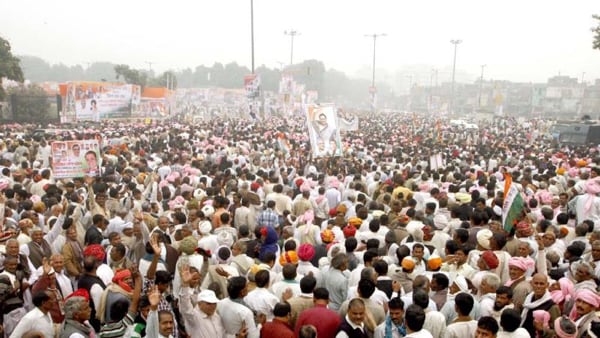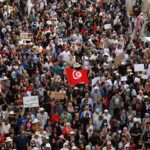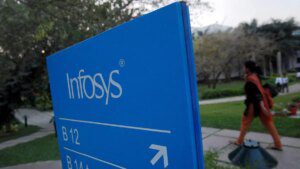New Delhi [India], October 22 (ANI): The Trump administration’s recent decision to eliminate the controversial USD 100,000 fee for H-1B visas has provided relief to many Indian professionals and students in the United States. However, the Global Trade Research Initiative (GTRI) has raised concerns that new limitations on foreign student admissions may hinder the long-term influx of talent to the U.S.
On October 21, the U.S. Citizenship and Immigration Services (USCIS) clarified that current visa holders and students already in the U.S. would not be required to pay the substantial fee initially announced on September 19. This exemption benefits students transitioning from F-1 to H-1B status and professionals switching from intra-company L-1 visas to H-1B visas, offering significant relief to a large segment of the Indian diaspora.
GTRI highlighted that this measure ensures a seamless transition for thousands of Indian students and skilled professionals in the U.S., allowing them to move to work visas without incurring high costs or needing to leave the country. Indians comprise nearly 70 percent of all H-1B visa recipients and 27 percent of international students in U.S. colleges and universities, positioning them as the primary beneficiaries of this exemption.
The revised regulation also safeguards existing H-1B workers from retroactive fees and permits the Department of Homeland Security to waive costs in cases deemed to serve national interest. However, this positive development arrives concurrently with a new cap on foreign student admissions, limiting them to 15 percent of total university intake and restricting enrollment from any single country to a maximum of 5 percent.
GTRI pointed out that the concurrent cap makes it more challenging for Indian students to pursue education in the U.S. and subsequently secure work visas. For India, which sends the largest group of foreign students to America, these restrictions significantly narrow the opportunities for future talent.
“The two measures pull in opposite directions — one facilitates visa transitions for those already in the U.S., while the other tightens entry for new students,” warned the GTRI. The think tank further noted that the frequent policy changes under the Trump administration have resulted in uncertainty for Indian IT firms and professionals considering long-term mobility.
“The volatility in U.S. immigration policy has become a more pressing concern than the fee itself,” it added. While the clarifications issued on October 21 stabilize circumstances for around 300,000 Indian professionals currently residing in the U.S., the combination of student caps and unpredictable regulatory changes may compel India’s aspiring workforce to reassess American education and career paths. (ANI)










